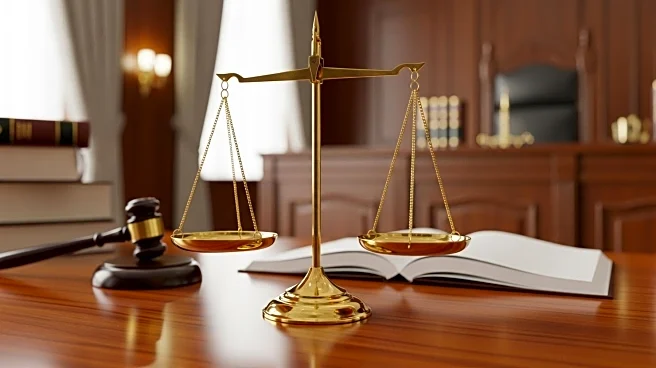What's Happening?
A Utah judge has mandated the state legislature to redraw its congressional maps by the end of September, following a ruling that the current maps were unlawfully gerrymandered to favor Republicans. The decision stems from a lawsuit challenging the redistricting process initiated in 2018, when Utah voters approved Proposition 4 to establish an independent commission for overseeing redistricting. However, the legislature later passed a bill that diminished the commission's power, leading to maps that allegedly favored Republican interests by splitting Salt Lake City into multiple districts. The ruling has prompted state lawmakers to consider appealing, potentially escalating the case to higher courts.
Why It's Important?
The judge's decision highlights ongoing national debates over gerrymandering and electoral fairness. The ruling could influence future redistricting efforts in Utah and other states, impacting political representation and party power dynamics. The case underscores the tension between legislative actions and voter-approved initiatives aimed at ensuring fair electoral processes. The outcome may affect voter confidence and participation, as well as the balance of power in upcoming elections. The appeal process and potential involvement of higher courts could set precedents for how gerrymandering cases are handled across the country.
What's Next?
With the legislature expected to appeal the ruling, the case may proceed to the Utah Supreme Court and possibly the U.S. Supreme Court. The appeal process will determine whether the current maps will be used in the next midterm elections or if new maps will be drawn. Political leaders and advocacy groups will likely continue to engage in public discourse and legal strategies to influence the outcome. The decision could prompt legislative changes or voter initiatives aimed at reforming redistricting processes to prevent future gerrymandering.










